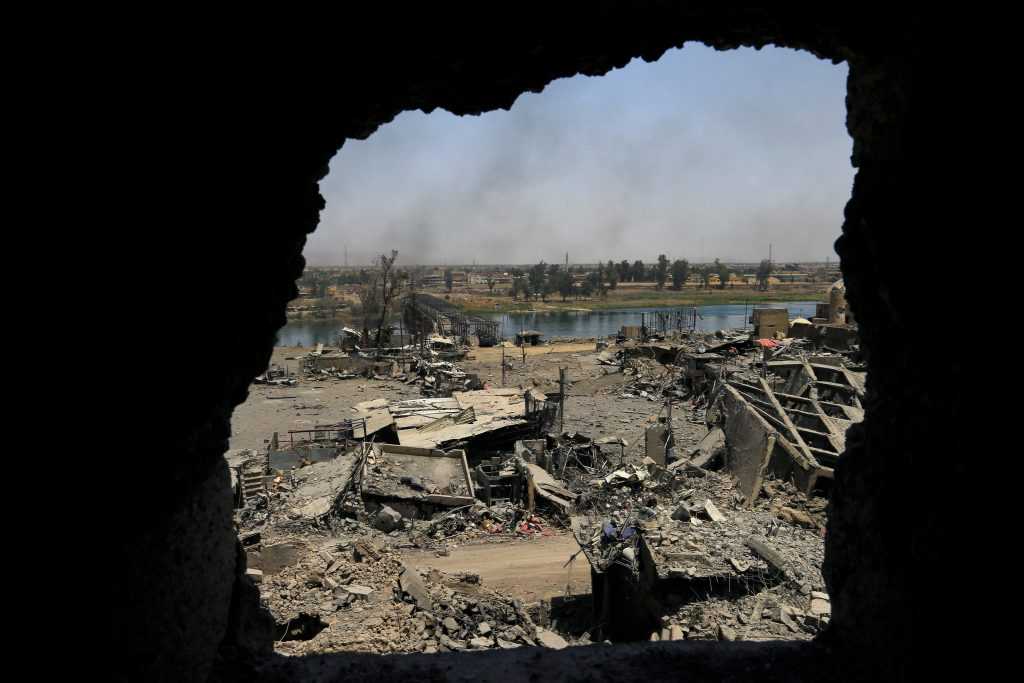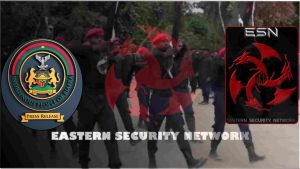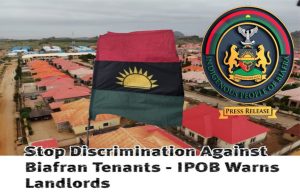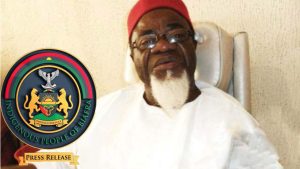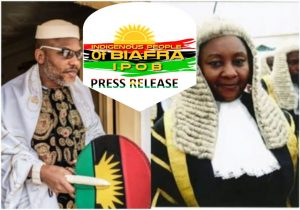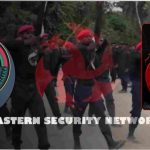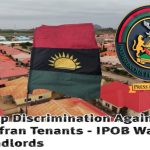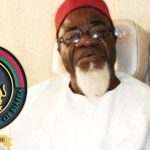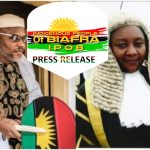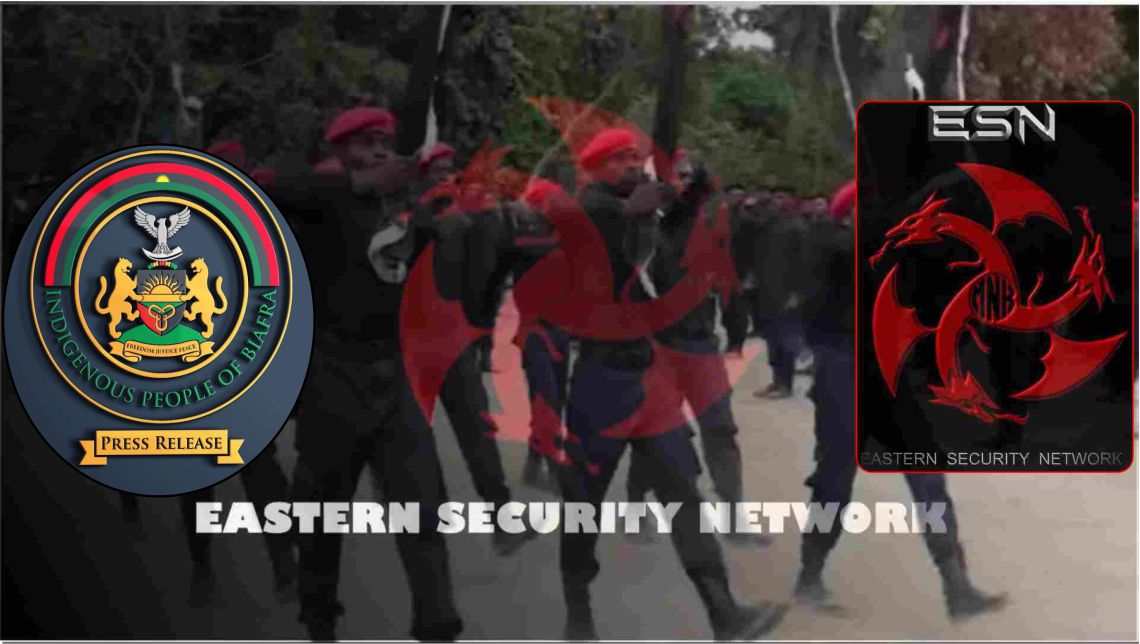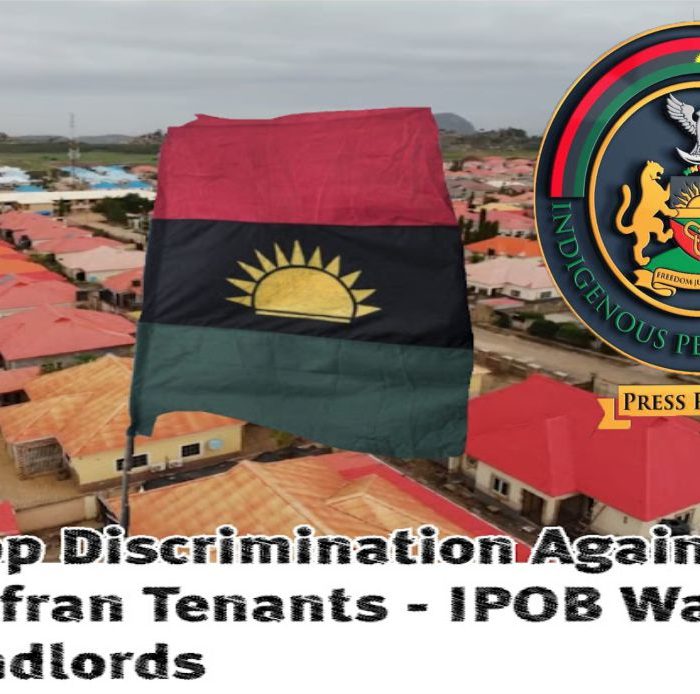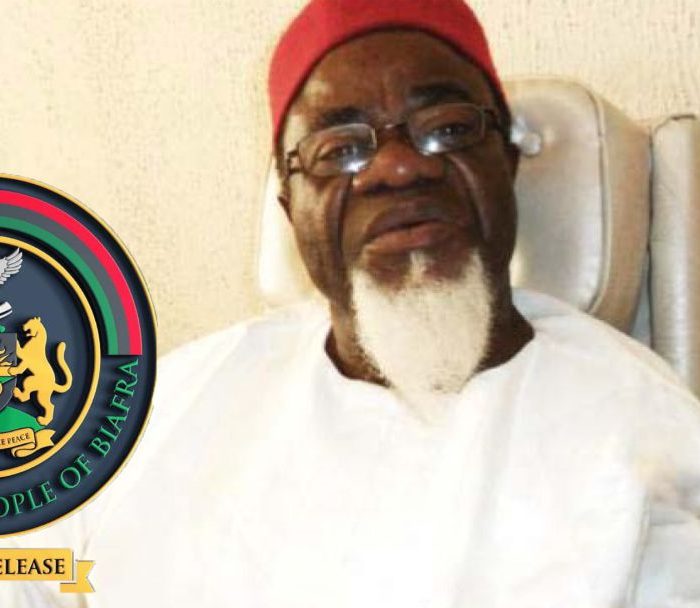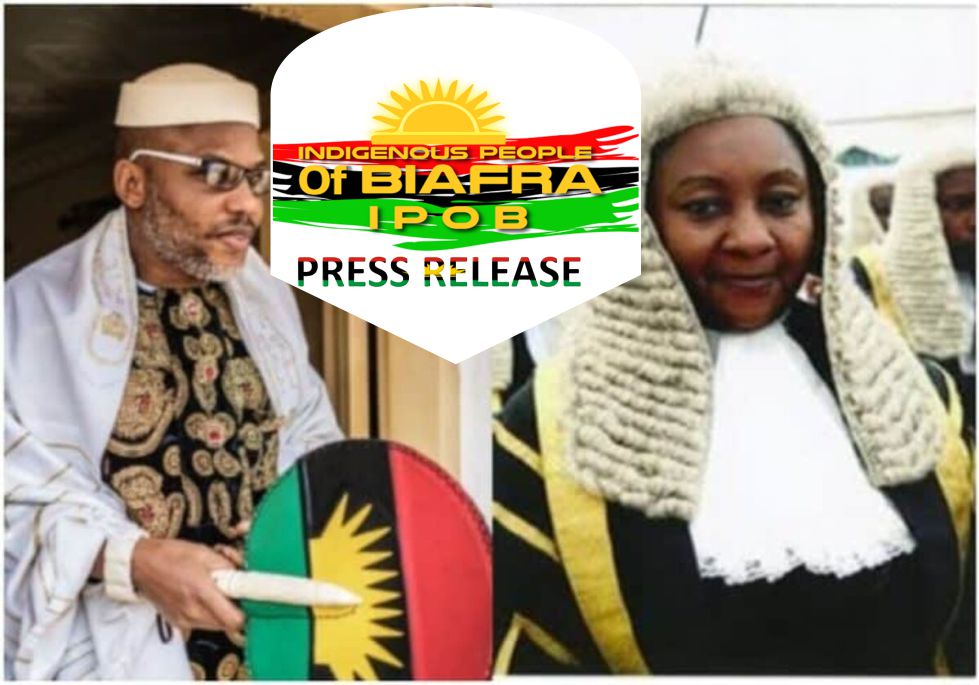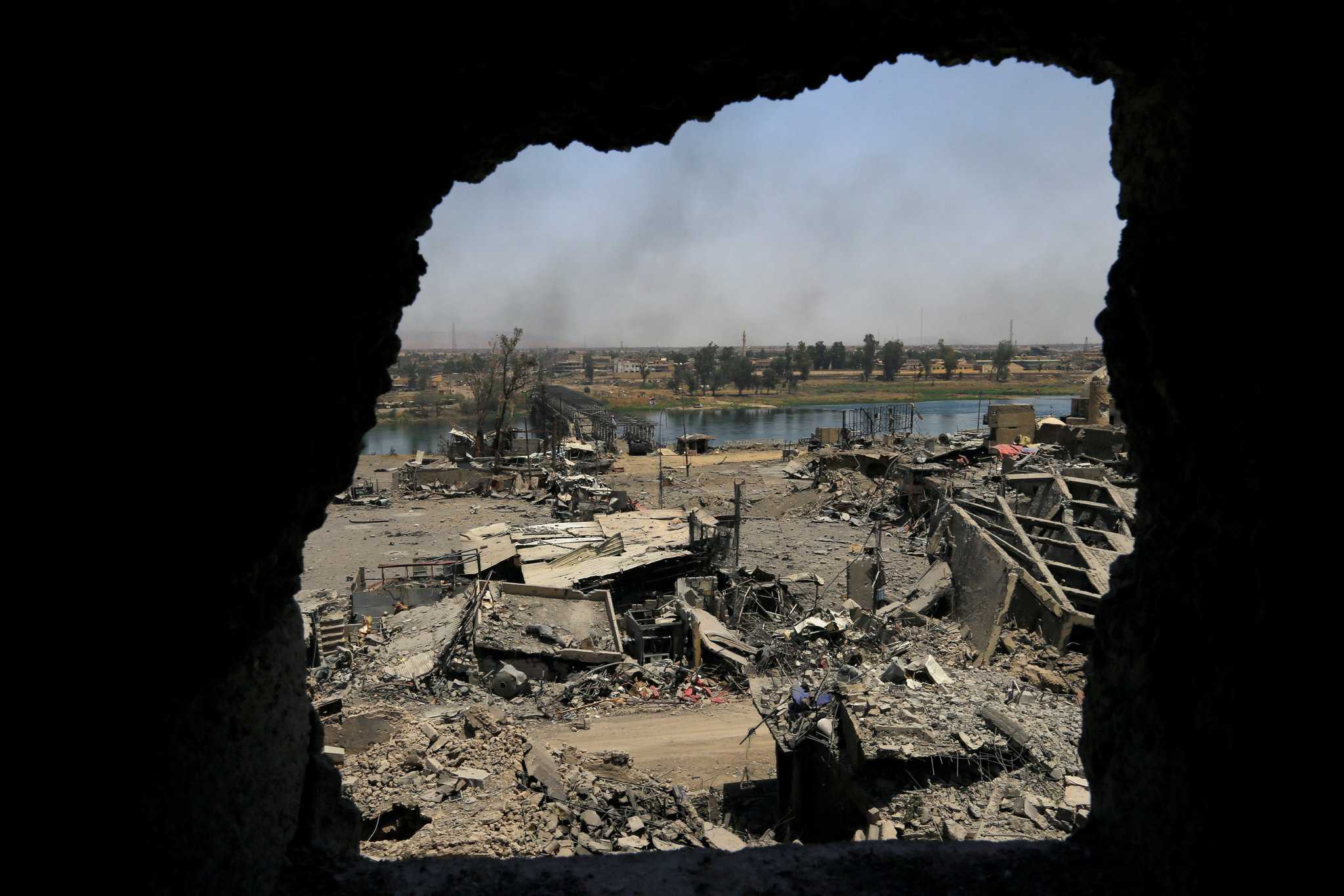
MOSUL, Iraq — The fighting is all but over in Mosul, and the billboards are already up: hastily raised signs in which the government urged the city’s Sunni residents to “turn the page” from the terrorists of the Islamic State.
As Prime Minister Haider al-Abadi visited Mosul to declare victory and call for unity, civilians on the longer-secured east side of the city danced and waved Iraqi flags. Some called for brotherhood between Sunnis and Shiites, or chanted, “By our souls and blood, we sacrifice for you, Iraq!”
It is a moment for Iraqis to celebrate after nearly nine months of bloody warfare against the Sunni extremists of the Islamic State. But despite the flaring of hope for a new national unity, the government’s costly victory in Mosul and the questions hanging over its aftermath feel more like the next chapter in the long story of Iraq’s unraveling.
Most pressing is the need to bring back hundreds of thousands of displaced Sunni civilians. But Iraq has failed to rebuild and resettle some other communities freed from the Islamic State as tensions between the Sunni minority and the majority Shiites still undermine efforts to reunite the country.
MOSUL, Iraq — The fighting is all but over in Mosul, and the billboards are already up: hastily raised signs in which the government urged the city’s Sunni residents to “turn the page” from the terrorists of the Islamic State.
As Prime Minister Haider al-Abadi visited Mosul to declare victory and call for unity, civilians on the longer-secured east side of the city danced and waved Iraqi flags. Some called for brotherhood between Sunnis and Shiites, or chanted, “By our souls and blood, we sacrifice for you, Iraq!”
It is a moment for Iraqis to celebrate after nearly nine months of bloody warfare against the Sunni extremists of the Islamic State. But despite the flaring of hope for a new national unity, the government’s costly victory in Mosul and the questions hanging over its aftermath feel more like the next chapter in the long story of Iraq’s unraveling.
Most pressing is the need to bring back hundreds of thousands of displaced Sunni civilians. But Iraq has failed to rebuild and resettle some other communities freed from the Islamic State as tensions between the Sunni minority and the majority Shiites still undermine efforts to reunite the country.
Reports of past abuses by the Shiite-controlled government and its security forces and militia allies against Sunni families have kept sectarian divisions fresh. And with no sectarian reconciliation process to speak of, any setback in the resettling of Mosul could dangerously add to the list of grievances.
For the mostly Sunni residents of Mosul, there are the devastating aftereffects of living under the Islamic State, also known as ISIS, ISIL or Daesh. And there is deep doubt and fear over what will happen to them next.
“The people of Mosul need to be psychologically treated and rehabilitated through long-term programs,” said Intisar al-Jibouri, a member of Parliament from Mosul. “They have lost family members, been tortured, beaten for silly reasons by ISIS.”
Concerns are growing that Shiite militias that mobilized in other parts of the country to fight the Islamic State could turn their guns on one another in a scramble for power. And the thoughts of many in Iraq’s Sunni community have stayed fixed on revenge against their neighbors who supported the Islamic State, with increasing reports of violent reprisals.

The Kurds, who have operated an autonomous enclave in the north since the 1990s, are moving quickly to hold a referendum on independence in September, despite pleas from American diplomats to hold off.
So, the end of the Mosul battle, even with the Islamic State still in control of other areas of the country, resurfaces a vital question that has been asked ever since the modern and multisectarian state of Iraq was created from the ashes of World War I: Can the country hold together?
At great cost in lives and property, Iraqis have shown that they can defeat the Islamic State militarily. But whether they are up to the political challenges to bring the country together again — or even get the lights turned on in Mosul, or bring the displaced back home, for that matter — is another question entirely.
“Right now we are only fighting Daesh militarily,” said Jabar Yawar, the secretary general of the pesh merga, the Kurdish security forces in northern Iraq.
As for politics and governance, Mr. Yawar, whose men participated in the early phases of the Mosul battle last fall, said: “There is nothing, no plan. We are fighting, and that’s it.”
Newsletter Sign Up
Thank you for subscribing.
An error has occurred. Please try again later.
You are already subscribed to this email.
View all New York Times newsletters.
- See Sample
- Manage Email Preferences
- Not you?
- Privacy Policy
- Opt out or contact us anytime
Hoshyar Zebari, Iraq’s former foreign minister, a Kurd originally from Mosul, said, “Everyone is in a hurry to achieve a military victory, without regard for the destruction or the day after.”
Mr. Zebari is now working to support the Kurdish referendum, which is likely to go forward despite objections from the United States, Turkey and Iran. Most expect a resounding “yes” vote, given the depth of feeling among Kurds to have their own state.
“Forget Kurdistan,” said Masrour Barzani, the chancellor of the Kurdistan Region Security Council and the area’s top intelligence official. “Is the rest of Iraq united? Even the Arabs in Iraq are not united.”

He continued: “We are not the reason Iraq is falling apart. I think Iraq is a fabricated state. It was built on the wrong foundations.”
And then there is Syria. The civil war across the border, as much as the sectarian policies of the former prime minister, Nuri Kamal al-Maliki, helped the Islamic State regenerate in Iraq after its predecessor, Al Qaeda in Iraq, was largely eradicated. The group was able to expand into Syria before sweeping across the border in 2014 and taking Mosul.
Without peace in Syria, officials say, there is little chance for peace and stability in Iraq.
“Syria and Iraq are closely connected,” Mr. Maliki said in an interview this year. “If the situation in Syria is unstable, Iraq will be unstable.”
When asked about the future of Iraq after the Islamic State, Mr. Maliki said: “The state cannot control the situation. The coming phase will be bad.”
With the larger questions hanging over the country, the immediate challenge of stabilizing Mosul is monumental, especially in the city’s west side. The fight has essentially turned the city into two, divided by the Tigris River. The west is a gray, dusty wasteland of flattened buildings and upturned, charred trucks; even the windows of the cars civilians are driving have been blown out. Cross the bridge, though, and suddenly the world emerges in light and color, with shops and restaurants open, and loud traffic jams.
Fighting continued on Monday in a small patch of the old city, and security forces there rescued two more girls from Iraq’s Yazidi religious minority who had been held as sex slaves. The United Nations, meanwhile, put out an urgent call for funding from other nations to help the nearly 700,000 civilians still displaced from the fighting.
All day long on Monday, Iraqi state television played patriotic songs in honor of the security forces, and later in the evening, a news flash alerted that Mr. Abadi would make a “historic” speech, surrounded by soldiers. The prime minister, once again, declared victory in Mosul, saying, “Iraq is now more united than ever,” and he declared Tuesday a national holiday of celebration.
In the skies over Mosul, Iraqi airplanes dropped three million leaflets on a city where many of the residents are no longer there.
Each leaflet showed a map of Mosul in the colors of the Iraqi flag — red, white and black — with the message: “Mosul has been returned to the bosom of Iraq.”
We’re interested in your feedback on this page. Tell us what you think.

